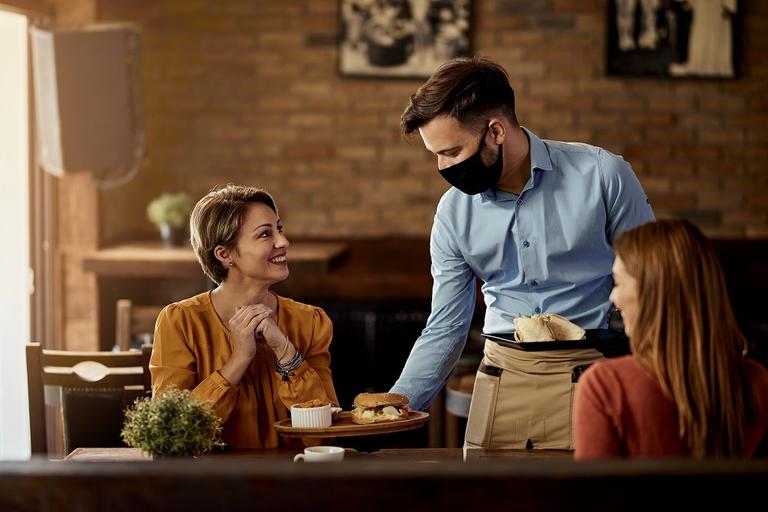There is no doubt that the Coronavirus pandemic adversely affected the mental health of the population. A study published in the Lancet (doi.org/gg5ngp) tracked the mental health of 53,000 people before the pandemic and into the first lockdown, and results showed an immediate increase in mental distress in people aged 16 and over.
There has been a slight improvement in anxiety levels over the past year, according to the UK Office for National Statistics (ONS), but the origin of the stress has changed, and the anxiety is now focused around the lifting of restrictions. Anxiety UK found that the pressure to socialise is a big concern and about 20% of 900 people polled were anxious about returning to work. Additionally, 23% were concerned about using public transport and 23% felt they may be under pressure by employers to return to work before they were ready.
The situation we find ourselves in now (in the UK) is that vaccine take-up has exceeded expectations; the number of infections has gone down dramatically and we are no longer seeing those desperate figures of hospitalisations and deaths due to Covid-19.
This means we are able to meet up with family and friends again in gardens or for drinks or a meal outdoors; many team sports have resumed and gyms and swimming pools have reopened; there are stores and retail spaces available to shop in once more.
This is all good news, right? So why is getting life back a source of anxiety for some people?
Well, our primitive brains, the part of the mind that brings about the fight/flight response in the face of danger, have been informing us for some time now that we need to keep safe by avoiding being close to other people. This message that it is not safe to mix with others is very strong – it is about our survival – so it can take a while for an adjustment to be made and for these activities to be perceived as safe again.
How can we cope better with the changes as we go back to ‘normal’?
A lot of fear and anxiety comes from the things we cannot control, but some peace of mind can be gained by taking control of those things you can control. For example having a good daily routine with regular meal patterns; taking scheduled periods of exercise and sticking to a regular bed time will help with that feeling of being in control.
You can begin to vary these routines as you feel more comfortable – gradually adding in a different walking route, trying a different coffee shop or seeing a different person each week. If you try something and it doesn’t feel right, then leave it for a while before you try again – or try something else. There is no rush, take things at a pace that is comfortable for you. Notice what does work and do more of it and congratulate yourself for taking that brave step forward.
Don’t compare yourself with others – we don’t all react the same way to things. You are you, and you will do the best you can. If friends and family are moving too quickly for you, that’s OK, you will get there in your own time.
Try and think in a positive way by not indulging in negative forecasting. That primitive brain likes us to look ahead and consider all the possible hurdles – asking ‘What if this happens?’, ‘What if I can’t do that?’ Keep your thoughts in the here and now. We cannot possibly consider or prepare for all the potential outcomes of a situation coming up in the future, so concentrate on the moment and enjoy what is happening right now.
Choose who you want to start to socialise with, and where. Take it one step at a time, gradually easing out of your comfort zone with people and places you trust. You want your primitive mind to begin to recognise situations as safe in order for anxiety to be reduced, so take it at a steady pace that is right for you.
Can I help?
You can change your brain to cope with this new ‘normal’. Our amazing brains are ‘plastic’ and we can change the way we think about things and the way we react to things. I see these changes in my clients every day, and it really isn’t too difficult to achieve when you understand a bit more about how the brain works.
If you are finding it hard to cope with the challenges of moving back into society, or getting back into the workplace and want some help, please consider Solution Focused Hypnotherapy. The techniques we use can help you to move forward – taking small achievable steps towards how you want things to be. Putting you back in control.

